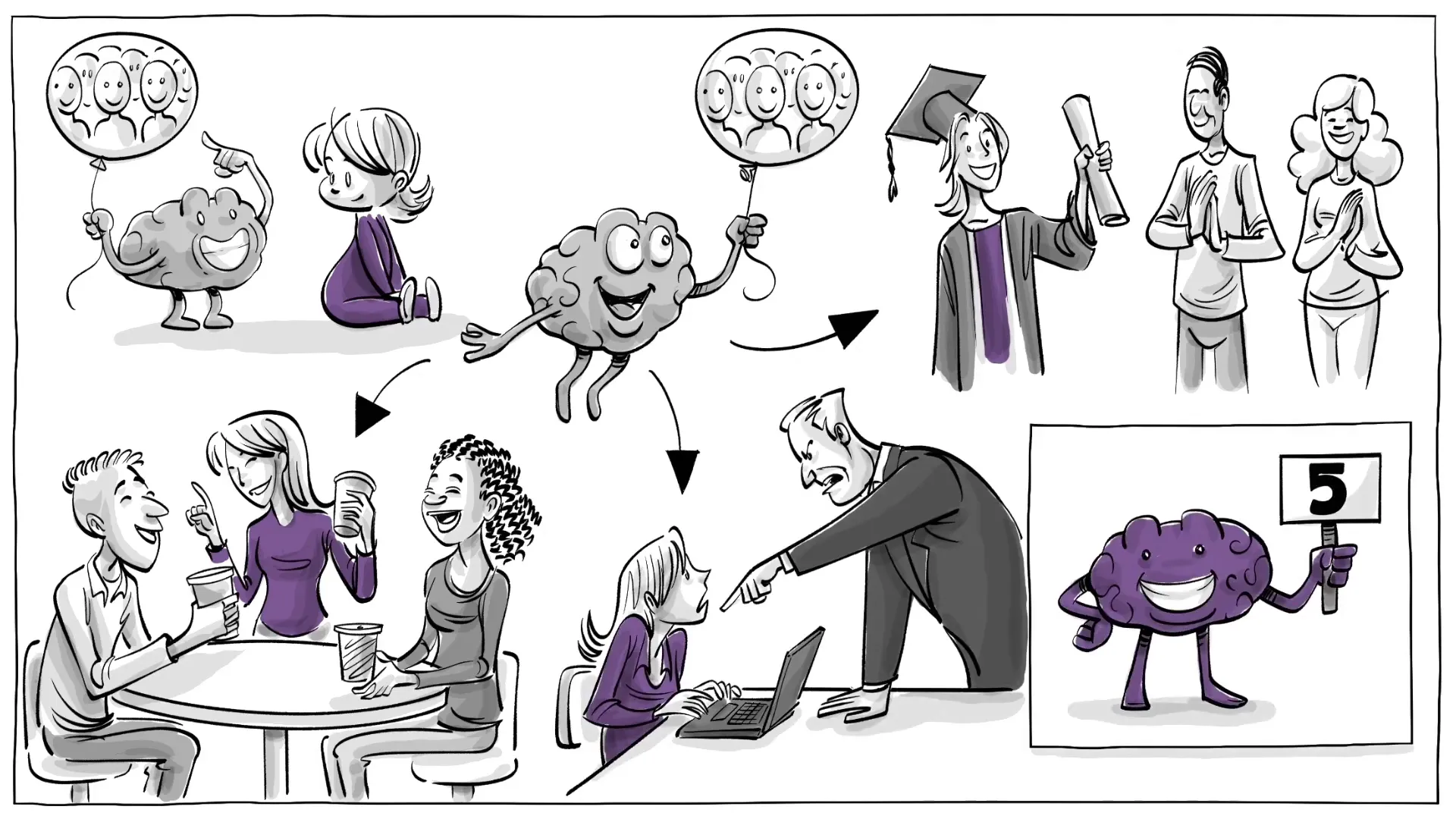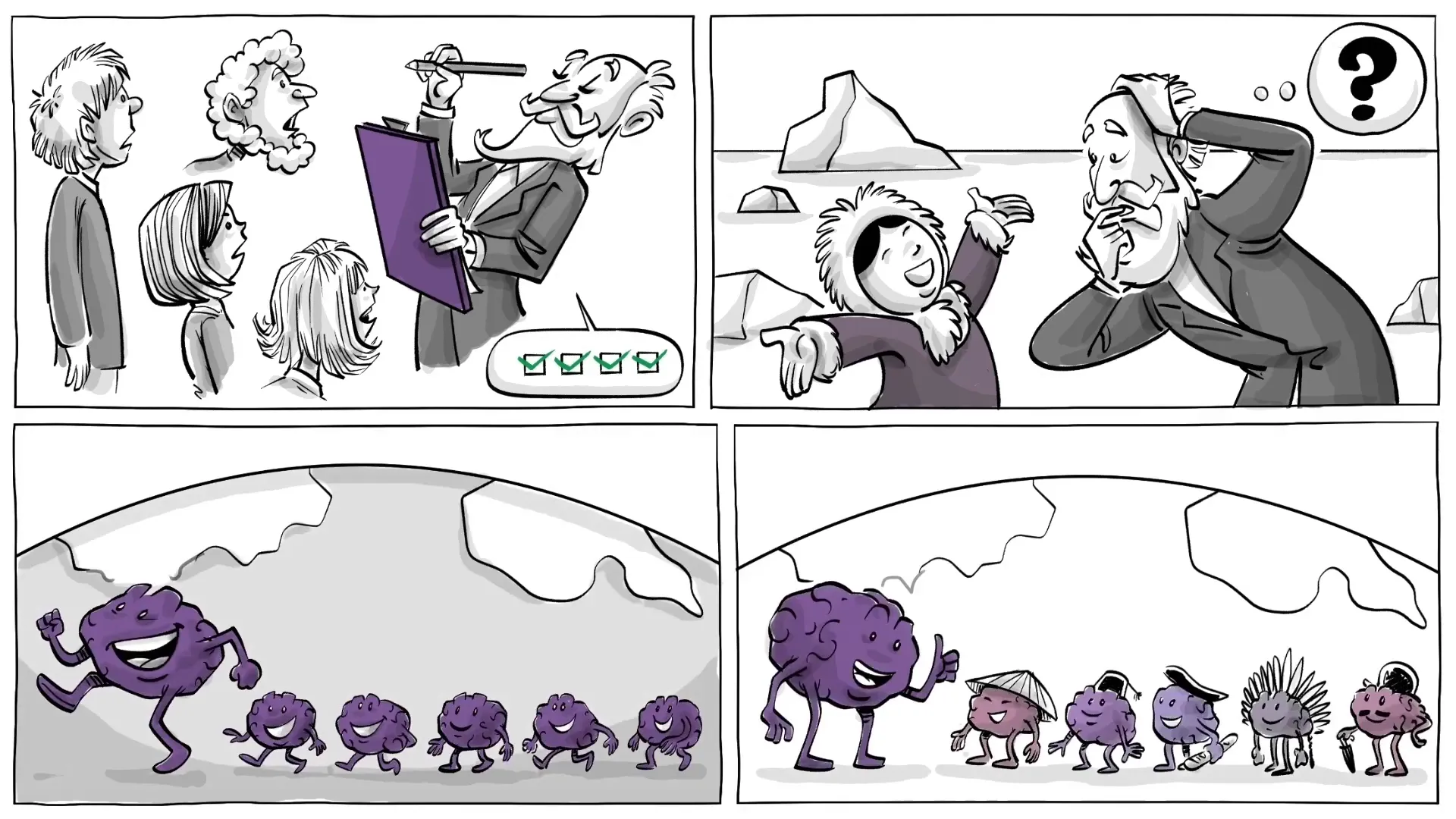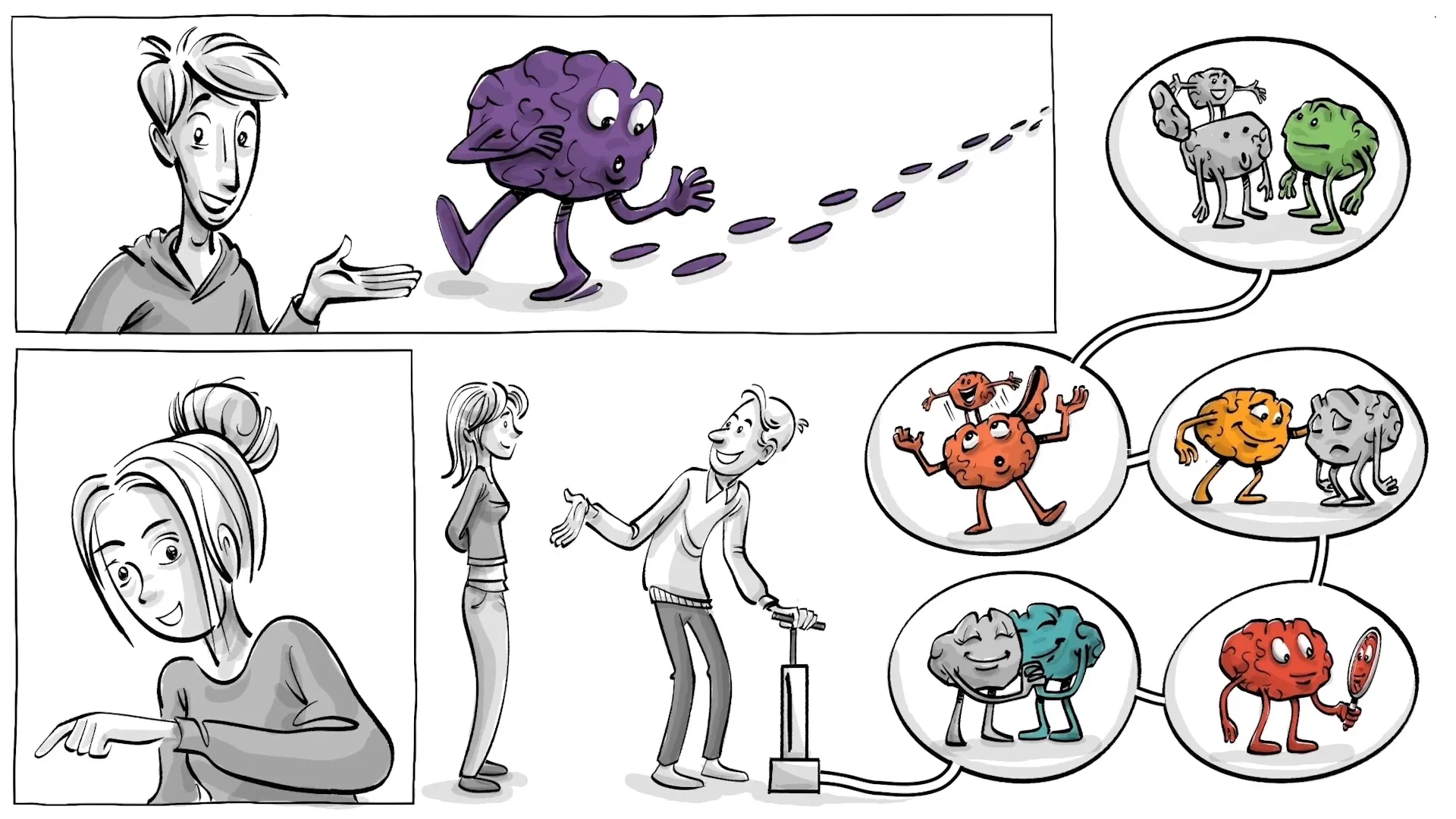Understanding Social Intelligence: The Five Essential Traits

Car crash story
On February 22, 2022, a car crash in Chicago escalated when one of the two drivers pulled a gun and shot the other one in the leg. This incident serves as a stark reminder of the impact of social intelligence, or the lack thereof. In that moment, the shooter likely had a limited capacity for sympathy, self-awareness, empathy, meta-cognition, and theory of mind. This lack of social intelligence may have led her to misinterpret the situation as a deliberate attack.
What is social intelligence?
Social intelligence is the capacity to know oneself and to know others, often referred to as "tact," "common sense," or "street smarts." It's an innate trait found in neurotypical minds that gets refined through experiences with people and learning from both successes and failures in social settings. At its core, social intelligence comprises five distinct cognitive skills that help us navigate our interactions.

5 core cognitive skills
The five core cognitive skills of social intelligence include:
- Sympathy: This is our tendency to feel with others. For instance, parents naturally sympathize with their children, and babies experience stress when their mothers are sad. As we grow older, our sympathy tends to extend to family, close friends, and less so to strangers.
- Self-awareness: This is the ability to understand our feelings. For example, toddlers who indicate they are hungry demonstrate self-awareness. However, if they throw tantrums, it often stems from a lack of understanding of their emotions. Some individuals may remain confused about their feelings due to learned suppression.
- Empathy: This is the ability to understand what others are feeling. Children can begin to show empathy as early as kindergarten, but some may struggle with this ability even into adulthood. Empathy can be refined through years of social experiences, but those who don’t grasp their own emotions may find it challenging to sense the feelings of others.
- Metacognition: This refers to an awareness of one's own thought processes. Children typically start showing metacognitive skills around age four, learning to express what they know and what they don't know. As adults, we can understand our brains' roles in bringing order to the chaotic world of facts and fiction.
- Theory of mind: This is the ability to understand what others know and how they think. Children display this ability around age six when they recognize that others may have different information and thus arrive at different conclusions. As adults, this skill allows us to appreciate another person's perspective and thought patterns, making it powerful for influencing others.

Social intelligence facts
These five skills—sympathy, self-awareness, empathy, metacognition, and theory of mind—help us understand our emotions and thoughts, as well as those of others. They provide us with essential knowledge about ourselves and enable us to appreciate the feelings of others. However, social intelligence is influenced by cultural contexts, meaning we might feel out of place in unfamiliar social settings. While these aspects are universally present, they need to be tailored to specific societies.

What do you think?
Where does our high social intelligence come from? How can we further develop these five traits to enhance our understanding of one another? These questions are essential for fostering better relationships and improving our interactions in various social contexts.

Conclusion
Understanding and developing social intelligence is crucial for navigating our complex world. By refining our skills in sympathy, self-awareness, empathy, metacognition, and theory of mind, we can enhance our interactions and build stronger connections with others. The journey of cultivating social intelligence is ongoing and requires reflection and effort, but the rewards are invaluable.



